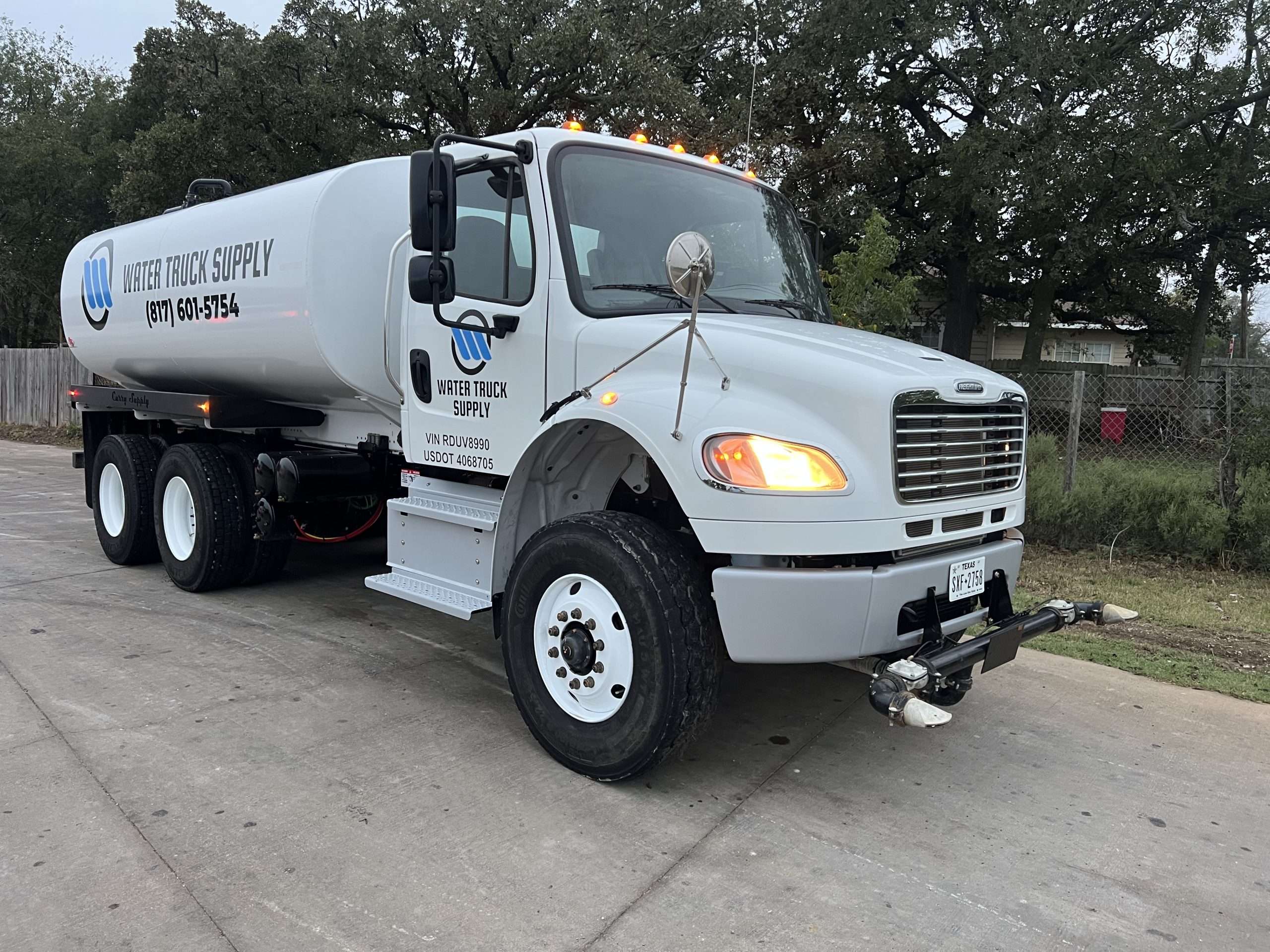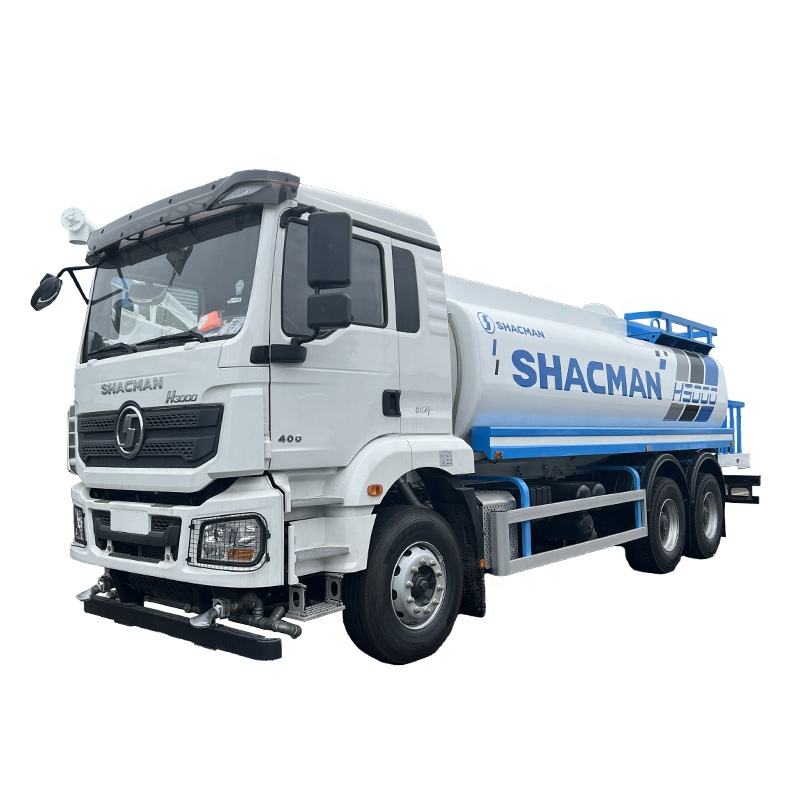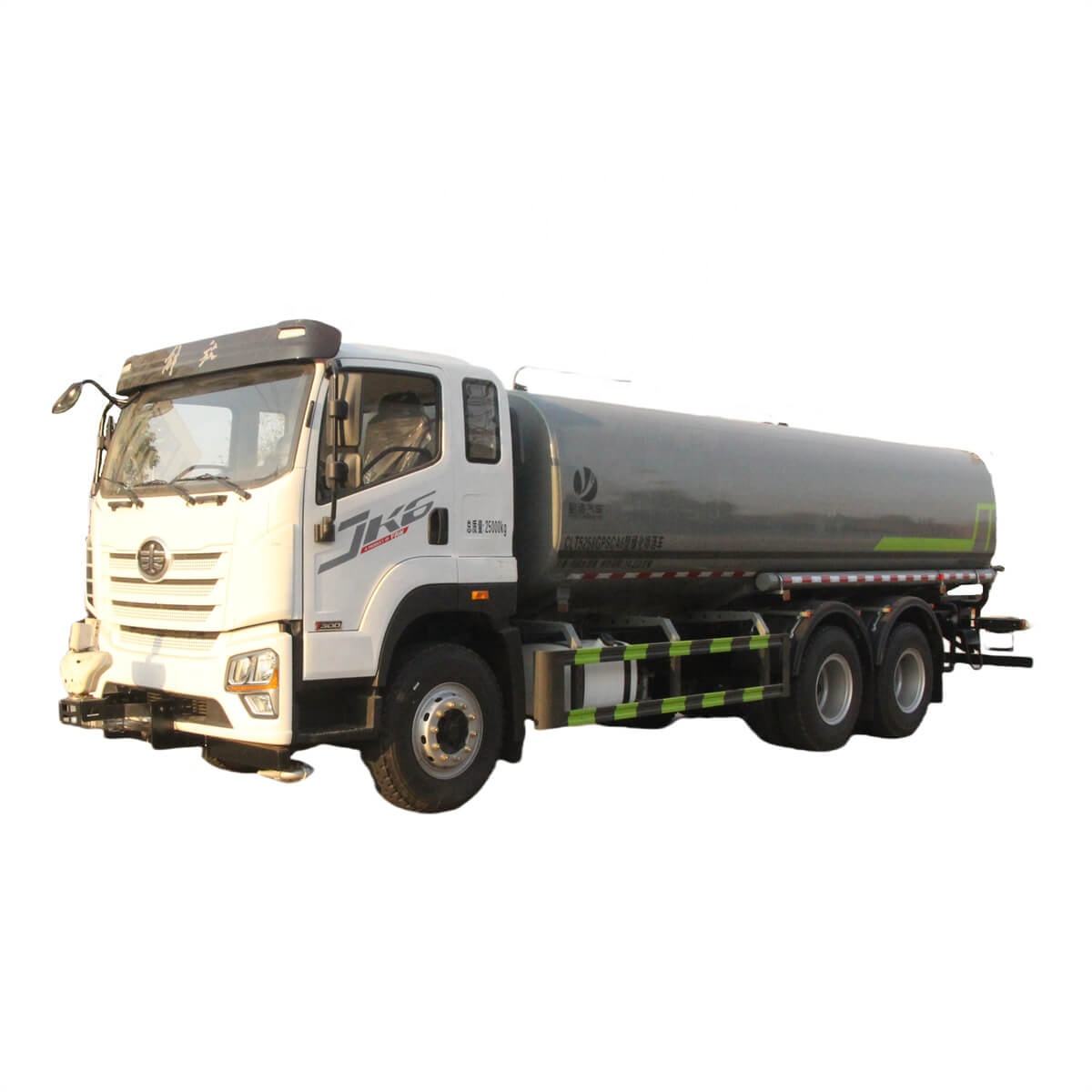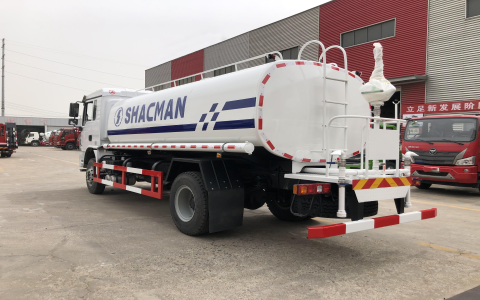How Much Is a Water Truck? Pricing Guide & Cost Factors
How Much Is a Water Truck? A Clear-Cost Breakdown
If you’re asking, “How much is a water truck?”, the short answer is: it’s complicated. The price isn’t a single number on a sticker. You’re looking at a range, typically from a used truck for around $30,000 to a brand-new, heavy-duty model that can exceed $150,000. The final cost hinges on a mix of factors, including whether you buy new or used, the truck’s size and capacity, and the specific features you need. This guide will cut through the confusion and give you a clear, practical understanding of water truck pricing, helping you make a smart investment for your business, whether in construction, dust control, or agriculture.
Breaking Down the Initial Purchase Price
The biggest chunk of your investment is the truck itself. The market offers a wide spectrum to fit different budgets and job requirements.

New vs. Used Water Trucks
This is your first major decision. A new water truck comes with the latest technology, a manufacturer’s warranty, and the peace of mind of zero prior wear and tear. However, you pay a premium for this. A used water truck can be a fantastic value, but it requires a more careful inspection. Look for service records and be prepared for potential repairs down the line. A common mid-range used truck, say a 2015 model with a 4,000-gallon tank, might be priced between $45,000 and $70,000.
Tank Capacity and Chassis Type
The size of the water tank is a primary driver of cost. Larger tanks cost more. Your needs will determine the right size:
- Small (1,000 – 2,500 gallons): Often built on a standard truck or trailer chassis. Ideal for small-scale dust control, landscaping, or farming.
- Medium (2,500 – 5,000 gallons): The most common size for general construction and municipal work. These are typically mounted on a single-axle or tandem-axle truck.
- Large (5,000+ gallons): Used for major earthworks, mining, or fire suppression. These require a powerful, heavy-duty truck chassis.
Key Cost Factors Beyond the Sticker Price
The base price is just the beginning. Several other elements significantly impact your total cost of ownership.
Spray System and Pump Configuration
A tank holds water, but the spray system puts it to work. A simple rear spray bar is standard, but if you need precision, you’ll pay more. Options like a front-mounted cannon, side spray nozzles, or a hydroseeding kit add to the price. The pump’s power and flow rate (measured in gallons per minute, or GPM) also affect the cost. A more powerful pump allows for faster water discharge and greater spray distance.
Chassis and Engine Specifications
The truck’s engine and drivetrain must be suited to the load and terrain. A truck that will operate on rough, off-road sites needs a more robust suspension, all-wheel drive, and a powerful diesel engine compared to one that only travels on paved roads. As John Miller, a certified equipment specialist with over 20 years of experience, notes, “Underestimating the chassis requirements is a common mistake. A truck that’s underpowered for its water tank payload will have higher maintenance costs and a shorter lifespan.”
Additional Features and Customizations
Finally, custom features can add up. These include:
- Stainless steel tanks for corrosion resistance.
- Insulated or heated tanks for use in freezing climates.
- High-flow pumps for industrial applications.
- Advanced control systems in the cab.
New vs. Used: A Side-by-Side Comparison
To make the choice clearer, here’s a direct comparison.

| Feature | New Water Truck | Used Water Truck |
|---|---|---|
| Initial Cost | High ($80,000 – $150,000+) | Low ($30,000 – $80,000) |
| Technology & Efficiency | Latest engines, better fuel economy | Older, less efficient technology |
| Financing & Insurance | Easier to secure, but premiums may be higher | Can be more difficult, but insurance is often cheaper |
| Maintenance & Repairs | Covered by warranty, low initial cost | Higher potential for unexpected repair bills |
| Depreciation | Steepest in the first few years | Slower, more stable value |
| Ideal For | Businesses with high demand and capital | Startups or businesses with seasonal needs |
Understanding the Total Cost of Ownership
The purchase price is just the entry fee. To understand the true cost of a water truck, you must factor in ongoing expenses.
- Fuel: A heavy, fully-loaded truck consumes a significant amount of diesel. Fuel is often the largest recurring expense.
- Maintenance and Repairs: Regular servicing of the engine, chassis, and pump system is non-negotiable. Tires, brakes, and hydraulic systems are common repair points.
- Insurance: Commercial vehicle insurance is mandatory and varies based on the truck’s value and use.
- Registration and Taxes: Annual fees based on the vehicle’s weight and class.
- Driver Labor: Don’t forget the cost of the operator’s wages.
Renting a Water Truck: A Flexible Alternative
Buying isn’t the only path. Renting a water truck can be a savvy financial move for short-term projects or to handle peak demand. Rental costs are typically structured daily, weekly, or monthly. According to industry data from RitchieSpecs, daily rental rates for a standard 4,000-gallon water truck can range from $300 to $600, not including fuel and insurance. Renting eliminates long-term maintenance worries and gives you access to equipment only when you need it.
Making Your Final Decision
Choosing the right water truck comes down to a clear assessment of your needs. Ask yourself:
- What is the primary application (dust control, compaction, irrigation)?
- How much water do I need to apply per job site?
- What are the terrain and access conditions like?
- What is my total budget, including both upfront and operational costs?
By carefully weighing these factors, you can determine the true cost of a water truck for your operation and select the model that offers the best value and performance.
Frequently Asked Questions
How many gallons does a standard water truck hold?
There’s no single “standard,” but the most common sizes for industrial and construction use range from 2,000 to 5,000 gallons. Smaller trucks and trailers can hold as little as 500 gallons, while specialized semi-trailer units can hold over 9,000 gallons.
Is it cheaper to buy a truck and tank separately?
It can be, but it adds complexity. Sourcing a used truck and a separate tank or skid unit requires more legwork and you’ll need to pay for professional installation. For a seamless, warrantied solution, a complete unit from a reputable manufacturer is often more reliable.
What kind of maintenance does a water truck require?
Maintenance is two-fold: the truck chassis (engine oil, filters, tires, brakes) and the water system (pump, valves, hoses, tank interior). The pump should be lubricated regularly, and the tank should be drained and cleaned periodically to prevent algae growth and corrosion, especially if not used with pure water. The Federal Motor Carrier Safety Administration (FMCSA) provides guidelines for commercial vehicle maintenance that are a good starting point.

Sources and Further Reading
To ensure the accuracy of this guide, we consulted several industry authorities:
- Ritchie Bros. Auctioneers. RitchieSpecs Equipment Specifications. https://www.ritchiespecs.com/
- U.S. Department of Transportation. Federal Motor Carrier Safety Administration. https://www.fmcsa.dot.gov/









